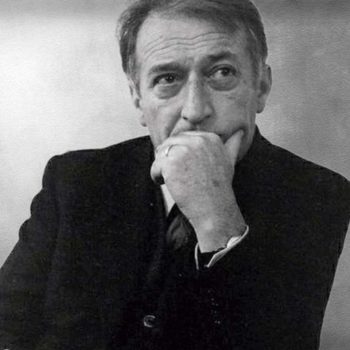In the 1950s, Gianni Rodari treated the nursery rhyme as a “poetic toy”. Reconnecting with the French surrealists (Breton, Queneau) and the researches of linguists (Martinet), he will theorize the importance, for children, of poetry experienced as a game. Meanwhile, he writes a playful poem that recovers rhythms and sounds from the nursery rhymes of the oral tradition, explores the potential of language and draws on the combinatory and liberating power of words. Today the poetry for children is this, and in schools we play at “making poetry”. In the early 1970s Rodari wrote the Grammar of Fantasy, or the art of inventing stories. The Rodarian techniques of the fantastic binomial, of “what happened next” and “what would happen if …” anticipate the proposals of creative writing and today continue to be used by children’s authors and teachers. Many of his most beautiful stories arise precisely from a semantic gap, from the unprecedented juxtaposition between two words. They arise from the possibility of exploiting the mistakes of children. The actuality of Rodari is all here, in the poetics of the “fantastic”, in an ironic and self-ironic conception of reality that derives from Alfonso Gatto and Cesare Zavattini and with which he addresses the civil and social issues of peace and war, of emigration, injustice, inequality and freedom. Rodari’s writing, almost forty years after his death, shows all its innovative strength intact.
